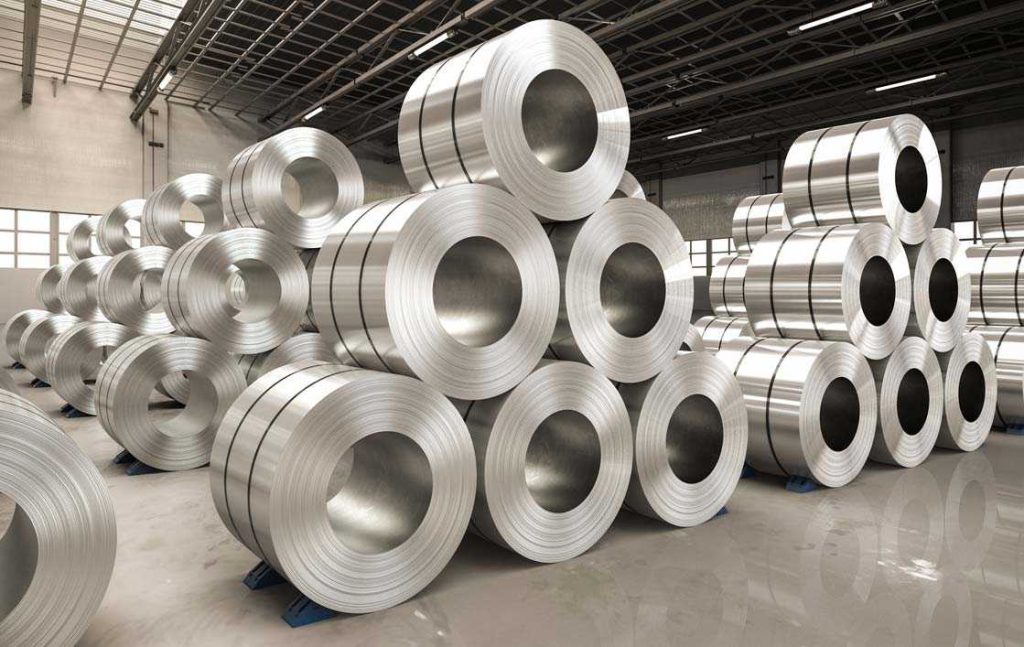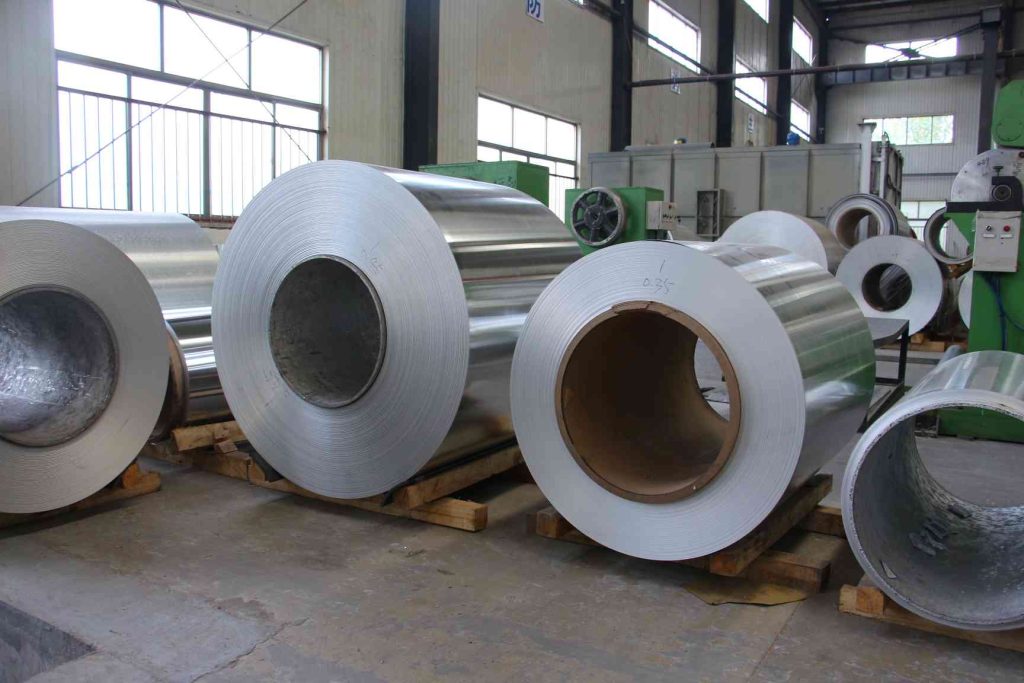Aluminum coils are often preferred over copper coils for various applications due to several factors:
Cost-Effectiveness
Aluminum is generally more affordable than copper, making aluminum coils a cost-effective option, especially for large-scale projects or applications where cost is a significant consideration. The lower material cost of aluminum can contribute to overall savings in manufacturing and installation expenses.
Lightweight
Aluminum is significantly lighter than copper, which can offer advantages in terms of transportation, handling, and installation. The lighter weight of aluminum coils makes them easier to transport and maneuver during installation, reducing labor costs and logistical challenges.

Corrosion Resistance
While copper is naturally resistant to corrosion, aluminum also exhibits excellent corrosion resistance, particularly when treated with protective coatings or alloys. This makes aluminum coils suitable for outdoor applications or environments with high humidity or corrosive elements, without the need for additional protective measures.
Heat Transfer
Aluminum has good thermal conductivity, which allows for efficient heat transfer. While copper has slightly higher thermal conductivity than aluminum, the difference is not significant in many HVAC and refrigeration applications. Aluminum coils can effectively dissipate heat and contribute to the overall efficiency of heating, ventilation, air conditioning (HVAC), and refrigeration systems.

Malleability
Aluminum is more malleable than copper, allowing for easier fabrication and shaping into various coil configurations and sizes. This flexibility in manufacturing contributes to the versatility of aluminum coils and expands their range of applications in different industries.
Environmental Considerations
Aluminum is recyclable and environmentally friendly, making it a preferred choice for sustainable building practices and green initiatives. Recycled aluminum can be used to produce new coils, reducing the demand for raw materials and minimizing environmental impact.
While copper coils also offer excellent thermal conductivity and durability, the advantages of aluminum coils in terms of cost, weight, corrosion resistance, and environmental sustainability make them a preferred choice for many applications, particularly in HVAC, refrigeration, and building construction industries.


